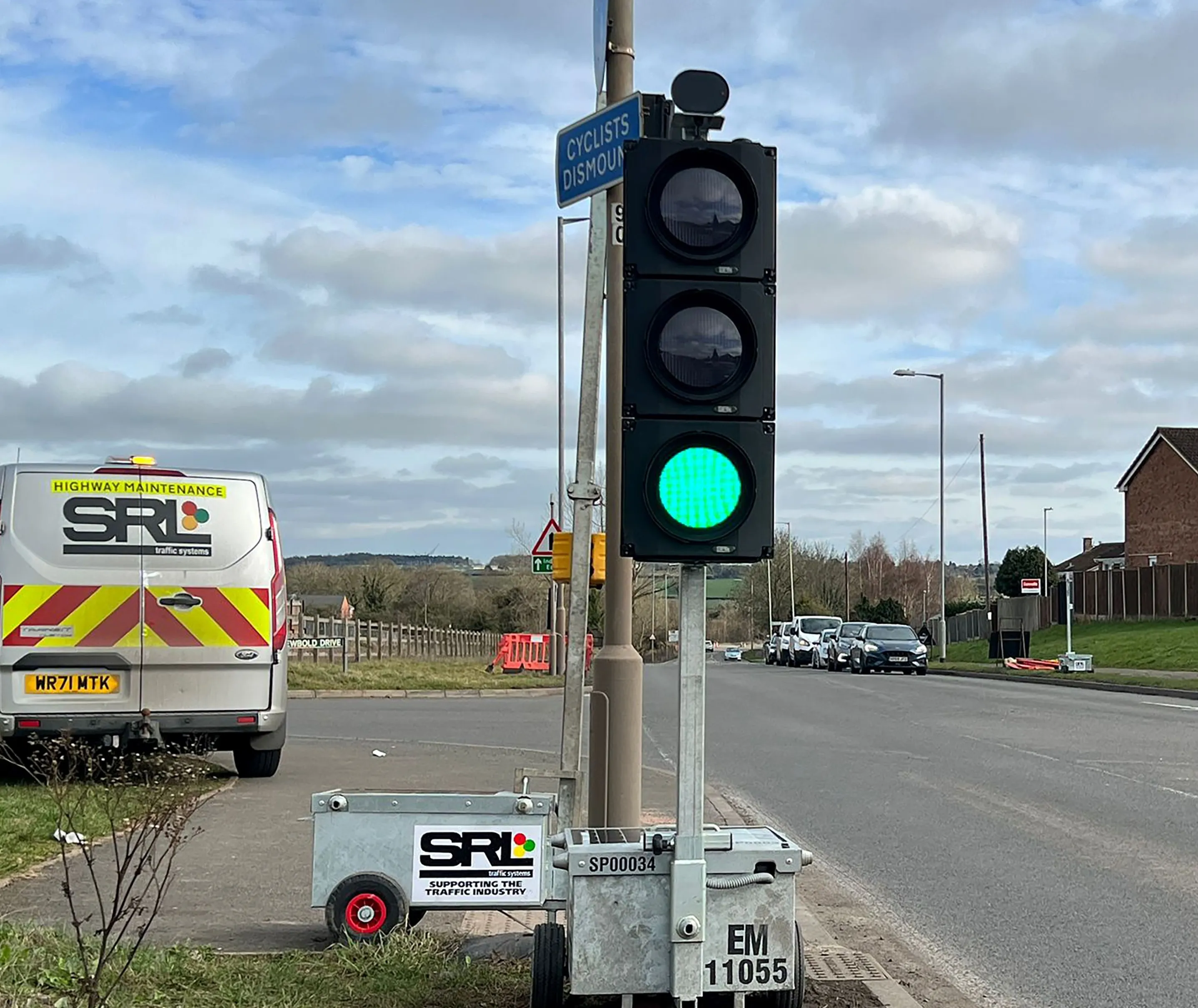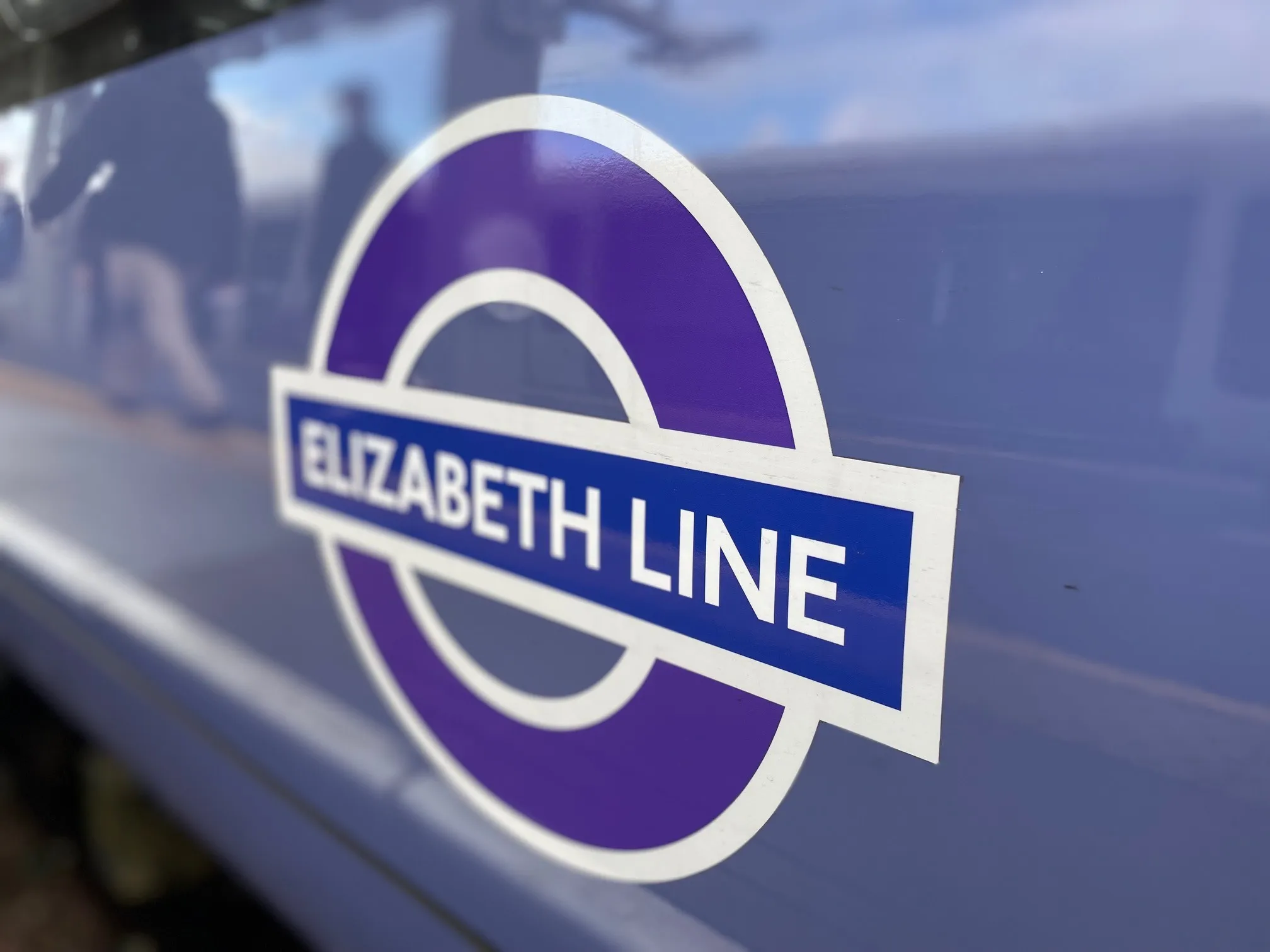Outsourcing group Capita has signed a five year contract with Transport for London (TfL) to operate the congestion charging, low emission zone and traffic enforcement notice processing schemes in the capital.
Capita will take full responsibility for the schemes in November 2015 following a period of implementation which commences in 2014. The overall agreement is expected to generate revenue of approximately US$238 million to Capita. Additionally, TfL has the option to extend the contract for a further
January 15, 2014
Read time: 2 mins
Outsourcing group 4056 Capita has signed a five year contract with 1466 Transport for London (TfL) to operate the congestion charging, low emission zone and traffic enforcement notice processing schemes in the capital.
Capita will take full responsibility for the schemes in November 2015 following a period of implementation which commences in 2014. The overall agreement is expected to generate revenue of approximately US$238 million to Capita. Additionally, TfL has the option to extend the contract for a further five years.
Congestion charging is designed to reduce traffic congestion and the income raised is wholly reinvested in Transport for London. Traffic enforcement notice processing includes processing Penalty Charge Notices for bus lane and yellow box junction contraventions. Capita will provide the IT systems, back office and contact centre to run the schemes and the associated enforcement processes.
Capita designed and implemented the technology and then operated the congestion charging scheme when Transport for London first launched it in February 2003 and successfully ran the initial scheme until February 2009.
Capita will take full responsibility for the schemes in November 2015 following a period of implementation which commences in 2014. The overall agreement is expected to generate revenue of approximately US$238 million to Capita. Additionally, TfL has the option to extend the contract for a further five years.
Congestion charging is designed to reduce traffic congestion and the income raised is wholly reinvested in Transport for London. Traffic enforcement notice processing includes processing Penalty Charge Notices for bus lane and yellow box junction contraventions. Capita will provide the IT systems, back office and contact centre to run the schemes and the associated enforcement processes.
Capita designed and implemented the technology and then operated the congestion charging scheme when Transport for London first launched it in February 2003 and successfully ran the initial scheme until February 2009.










